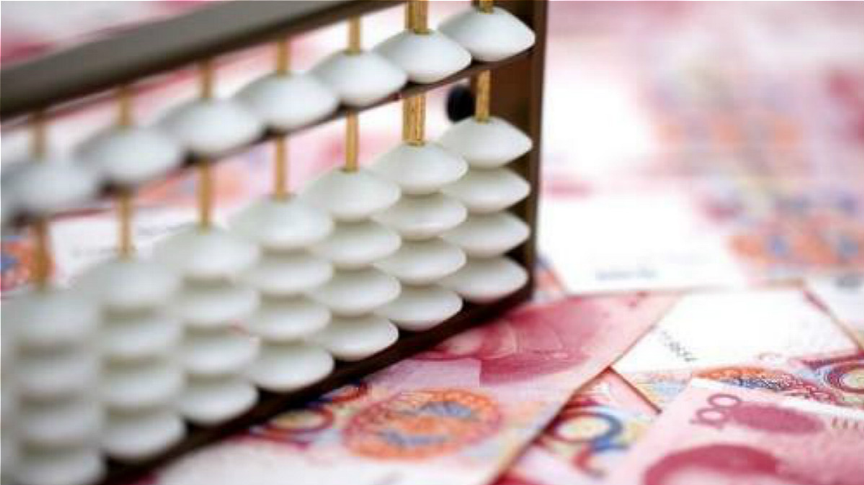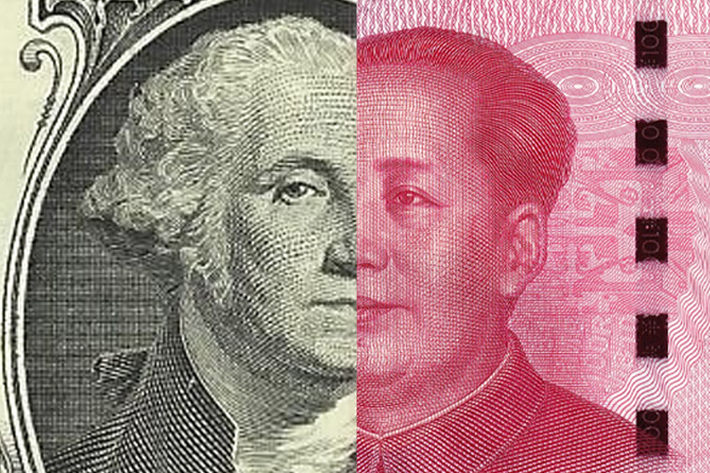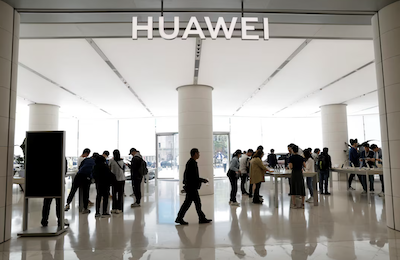At 4:30pm HK time, I saw the dollar jump and the euro crater. The German Constitutional Court had just announced that the European Central Bank’s (ECB) massive sovereign bond purchases were, in effect, illegal and required immediate review by the German government and parliament.
At 6pm HK time, the EUR traded at 1.0838, down 0.65% against the USD. The DXY stood at 99.9080, up 0.43%.
The decision, according to the court’s website, “does not concern any financial assistance measures taken by the European Union or the ECB in the context of the current coronavirus crisis.” But, of course, it will have a serious impact on ECB monetary policy and the central bank’s “all it takes” pledges.
Stock markets, more concerned with the near term, took encouragement from the fact that the court won’t touch EU and ECB relief measures; after sharp drops in the Eurostoxx 50 index and S&P500 futures, much of the initial ground lost was recovered by 6pm.
Likely the more serious global market consequences will ensue from the threat, if realised, by US President Trump to ban the US Thrift Savings Plan (government employee 401(k) – pension – system) from benchmarking to the MSCI World Index, which holds China securities.
Markets have taken the threat seriously and, as I detailed yesterday, dumped the yuan.
The CNH (offshore deliverable CNY) at one point on Friday dropped from 7.07 to touch 7.15 levels. It made a modest recovery Monday and regained a bit further ground today, trading at 7.1214 at 6:30pm in HK.
But those are levels of weakness not seen since last August, and prior to that, since 2008.
This may help Chinese exports in a time of need. In fact, though, it is a sign of grave concern over future portfolio capital inflows. Where the People’s Bank of China sets parity Wednesday morning when China returns from Labor Day holidays will be among the most widely watched parity level in a very long time.
























